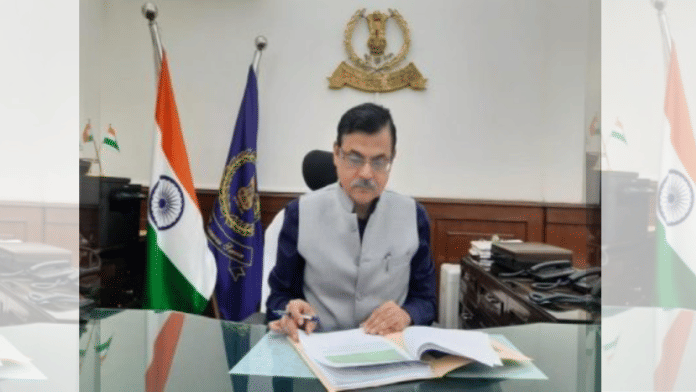Thank you dear subscribers, we are overwhelmed with your response.
Your Turn is a unique section from ThePrint featuring points of view from its subscribers. If you are a subscriber, have a point of view, please send it to us. If not, do subscribe here: https://theprint.in/subscribe/
The new chairman of National Financial Reporting Authority (NFRA) has his platter already full. NFRA’s attempt to stamp its authority on Audit professionals with orders of punishment on over hundred professionals for audit failures, was challenged in various courts on the ground of illegality.
On February 7th the Delhi High Court quashed orders against several auditors on the ground of possible bias in adjudication due to carrying out of investigation and adjudication functions by the same body of persons. On 17th February, the Supreme Court orally mentioned that NFRA may create independent divisions for investigations and adjudications, declined to interfere with the order of the Delhi High Court , and directed NFRA not to pass any further orders nor to enforce any orders already passed.
Therefore NFRA must take decisions to create independent divisions for monitoring of audit quality, investigation in to audit failures, and adjudication of cases of professional misconduct. The adjudicating division shall be headed by a person with the background of judiciary and shall consist of members who have practical knowledge as financial auditors. The present system does not meet either of these essential requirements. The newly appointed members also are former civil servants. Lack of audit domain expertise of its members and officers has a serious bearing on the quality of findings against auditors.
Reputation of audit firms earns them professional assignments. Although an audit failure is lapse of the professional who does audit, questions would arise against audit firms also. However, responsibilities of an audit firm is distinct from its engagement partners. The firm should provide for and maintain an appropriate quality control system with policies and procedures, whereas the engagement partner shall perform audit by implementing quality control system.
However, the recent order of the Delhi High Court overlooked this distinctiveness in the role of the audit firm. This ruling has the effect of creating onerous liability on all partners of an audit firm whether they participate in a contentious audit or not. There will be no motivation for audit professionals to join as partners in a firm, when there is scare of debarment of the whole of firm for fault of one partner. It is the desire of the government that Indian audit firms shall attain size with large number of partners and country wide presence. The new chairman of NFRA shall review the orders passed against audit firms contrary to the intent of the regulations and at least amend their position before the judicial authorities where such orders are in challenge. It is hoped that the Supreme Court would revisit the issue.
Providing ‘opportunity of being heard’ in the disciplinary proceedings is a basic requirement, which is not provided for in the NFRA Rules 2018, although with the intervention of courts the NFRA has started providing such opportunities lately. It is essential to amend the NFRA rules to provide for transparent administration of its investigation and adjudication functions.
NFRA is authorized to issue directions or clarification regarding the implementation of Auditing Standards (SAs) and Accounting Standards (ASs). However, issuing of circulars without proper application of mind would only create confusions. For instance, the circular dated 20th Oct 2022, by citing requirements in an Accounting Standard, directed all companies to provide for interest expenses on loan liabilities in any circumstances regardless of whether the company would be able to pay those liabilities. However, the NFRA lost sight of the provisions in the companies Act that permitted companies to deviate from the requirements of Accounting Standards, when necessary. The irony here is that the company whose case was cited by NFRA as noncompliant for its failure to accrue more interest liability on bank loans, was a bankrupt company, which could never pay off even the interest liability already recognized, and was ordered to be wound up subsequently in an Insolvency proceeding.
Accounting and audit functions involve number of estimations and judgments by management and auditors as on reporting dates and therefore post audit events are not accurate benchmarks to judge quality of past audit reports. However, the orders against auditors so far do not show that NFRA gives due weightage to these practical aspects. On the contrary a mechanical textbook based “check list” approach is used by NFRA for reviewing audit quality. The US accounting regulator PCAOB was the inspiration behind the creation of NFRA (Sec 132 of Co’s Act). PCAOB has already lost its charm in the US and the authorities are exploring its fold up currently. A properly run regulator would never face such fate. NFRA must change its approach to elevate its stature.


